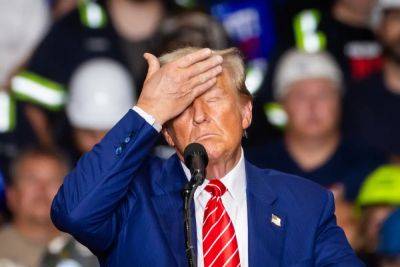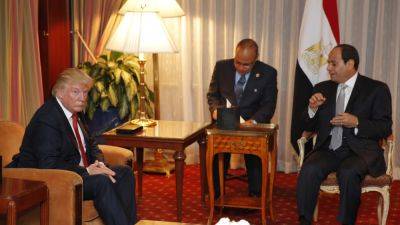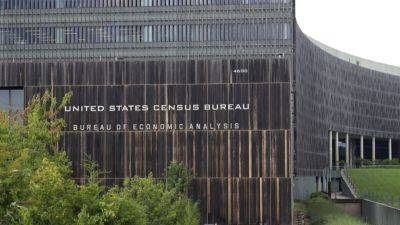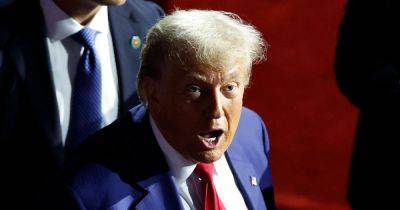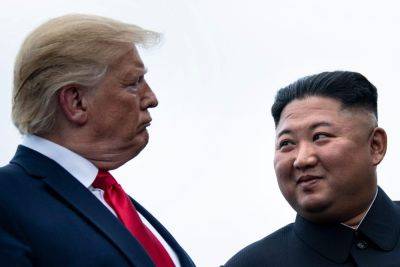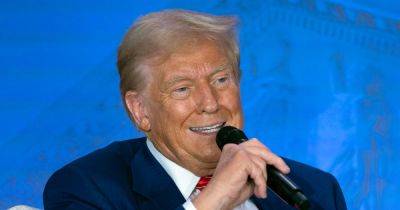Why Trump’s Unity Picks Are Not Very Unifying
It is a time-honored political strategy for presidential candidates: Win your primary, hold your convention and then pivot to the center as you work to unite a broad coalition of voters around your cause.
Or not.
With nine weeks to go until the election, former President Donald Trump is showcasing his support from a coterie of divisive public figures, including Robert F. Kennedy Jr., the country’s most famous anti-vaxxer; Tulsi Gabbard, a former congresswoman who drew support from white nationalists when she ran for president in 2020; and Elon Musk, who is probably the world’s most polarizing tech billionaire.
Trump has bubble-wrapped those three people in a valence of unity, calling them “former Never Trumpers” in a Monday fund-raising email that presented them as evidence he was “rallying Americans of all political stripes together like never before.”
But if that group aligns him with anybody, it’s the political fringe — and in a tight election, Trump is betting that it’s the disaffected, low-propensity voters who supported candidates like Kennedy who will help him win.
“They are low-information voters, they’re not really interested in the election, and they don’t see the election really impacts them that much,” said Neil Newhouse, a Republican pollster. “It’s an effort to try to get to those voters, get them to vote and get them to vote for the former president.”
Trump and his aides spent weeks delicately courting Kennedy, an environmental lawyer who has long espoused anti-vaccine views and who initially entered the Democratic presidential primary before switching to run as an independent. Kennedy dropped out of the race and endorsed Trump last month; last week, Trump named him and Gabbard to his transition team, which


